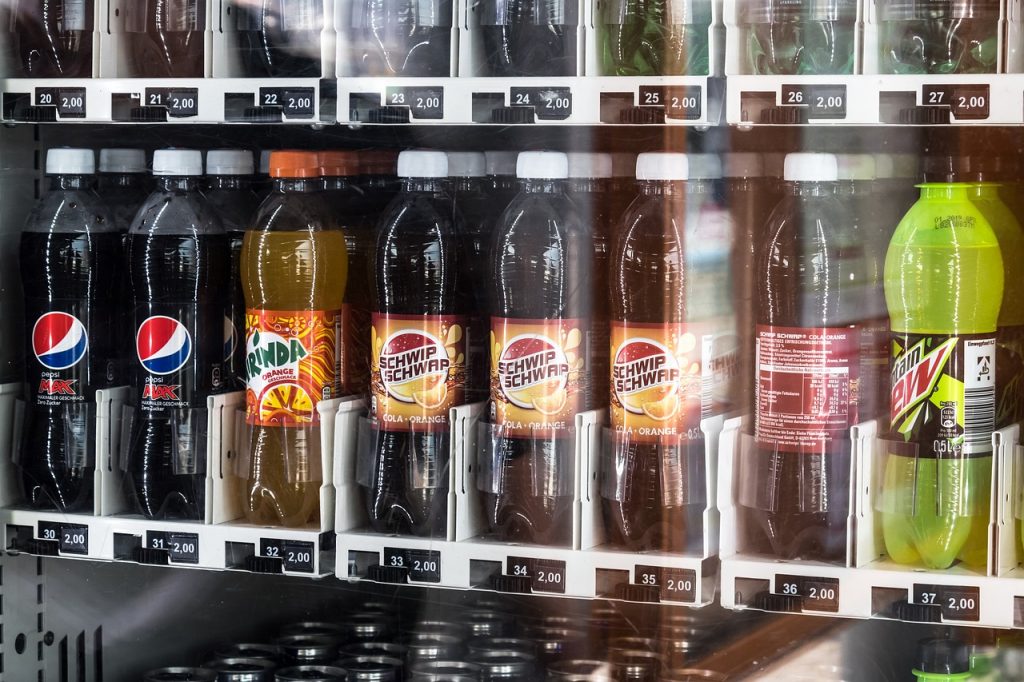New Delhi: The Indian soft drink market might continue its ‘robust growth trajectory’ as annual per-capita bottle consumption is expected to reach around 84 by 2021, according to a report by PepsiCo India’s bottling partner Varun Beverages Ltd (VBL).
The industry would have a broad-based growth across categories, especially helped by juices and bottled water, VBL said in its 2018 Annual Report.
It will be helped by key growth drivers such as under-penetration of the segment, growing middle class, rising affordability and urbanisation, and rural electrification besides continued innovations towards product packaging and sizing.
“Within carbonates, non-cola carbonates, especially lemon-based ones, are expected to grow faster,” said VBL. Carbonated beverages account for 51 per cent of PepsiCo’s sales volumes in India.
It further said: “The bottled water category is expected to see a robust volume growth with increasing awareness among consumers about water-borne diseases and shortages in drinking water in the urban areas.”
Moreover, rising health awareness is also driving juice consumption and it is increasingly becoming part of the regular breakfasts and social gatherings, said VBL.
The Indian soft drinks market is in growth phase and the gap between urban and rural consumption is on the decline, it added.
“In India, there is a steady decline in rural-urban consumer gap, driven by increasing interest and readiness to spend in the rural markets,” it said.
Consumption in India’s soft drinks was 44 bottles per capita in 2016, which is relatively lower compared to matured markets such as the US, where the per-capita consumption is 1,496 bottles.
In Mexico, it was 1,489 bottles, 1,221 bottle in Germany and in developing markets such as Brazil at 537 bottles.
“This under-penetration is likely to correct with consumption expected to almost double to 84 bottles by 2021,” it said.
According to VBL, this would also be helped by rise in growing middle-class along with 100 per cent electrification of villages, which would help the soft drink industry with increased penetration of cooling infrastructure in these regions.
VBL, which had reported a revenue of Rs 3,862.28 crore in 2018, has PepsiCo’s franchise rights for its products across 21 states and 2 union territories in India, as well as for Nepal, Sri Lanka, Morocco, Zambia and Zimbabwe.
It is the PepsiCo’s second-largest franchisee in the world (outside the US).
PTI
